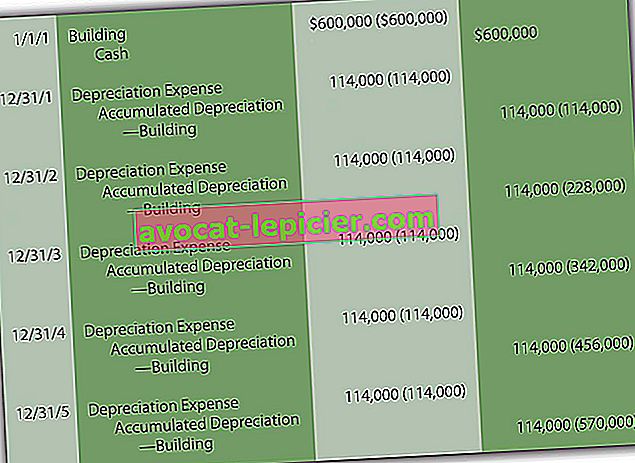Over accrual definition
An over accrual is a situation where the estimate for an accrual journal entry is too high. This estimate may apply to an accrual of revenue or expense. Thus, an over accrual of revenue will result in an excessively high profit in the period in which the journal entry is recorded, while an over accrual of an expense will result in a reduced profit in the period in which the journal entry is recorded.
An accrual is usually set up as a reversing entry, which means that the exact opposite of the original entry is recorded in the accounting system at the beginning of the next accounting period. When an over accrual is recorded in one period, this means that the reversing entry causing the reverse effect applies in the next accounting period. Thus:
If there is an over accrual of $500 of revenue in January, then revenue will be too low by $500 in February.
If there is an over accrual of $1,000 of an expense in January, then the expense will be too low by $1,000 in February.
An over accrual is not good from the perspective of the auditor, since it implies that a company's accounting staff is not able to properly estimate the amounts of revenues and expenses for which it is creating accruals.
The presence of over accruals can be avoided by only making an accrual entry when the amount to be recorded is easily calculated. If the amount is subject to fluctuation, the most conservative figure should be recorded.
Example of an Over Accrual
ABC International's accounting staff estimates that the amount of its phone bill for the month of April will be $5,500, which is based on a recent history of approximately that amount per month over the past few months. The accounting staff accordingly creates the following entry, which it sets up as an automatically reversing entry:



